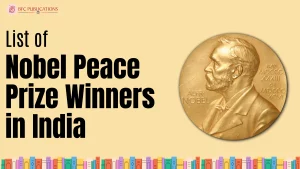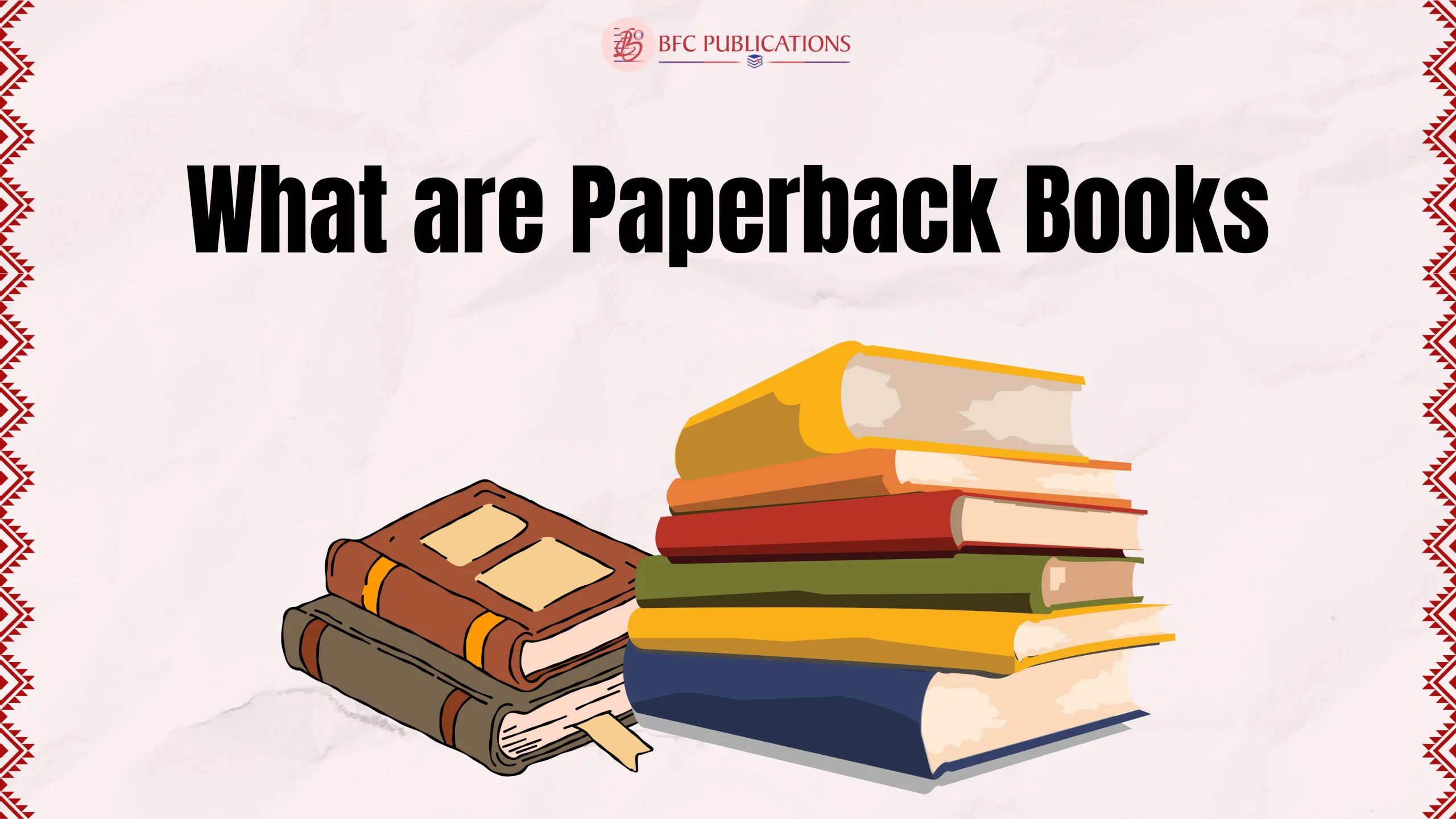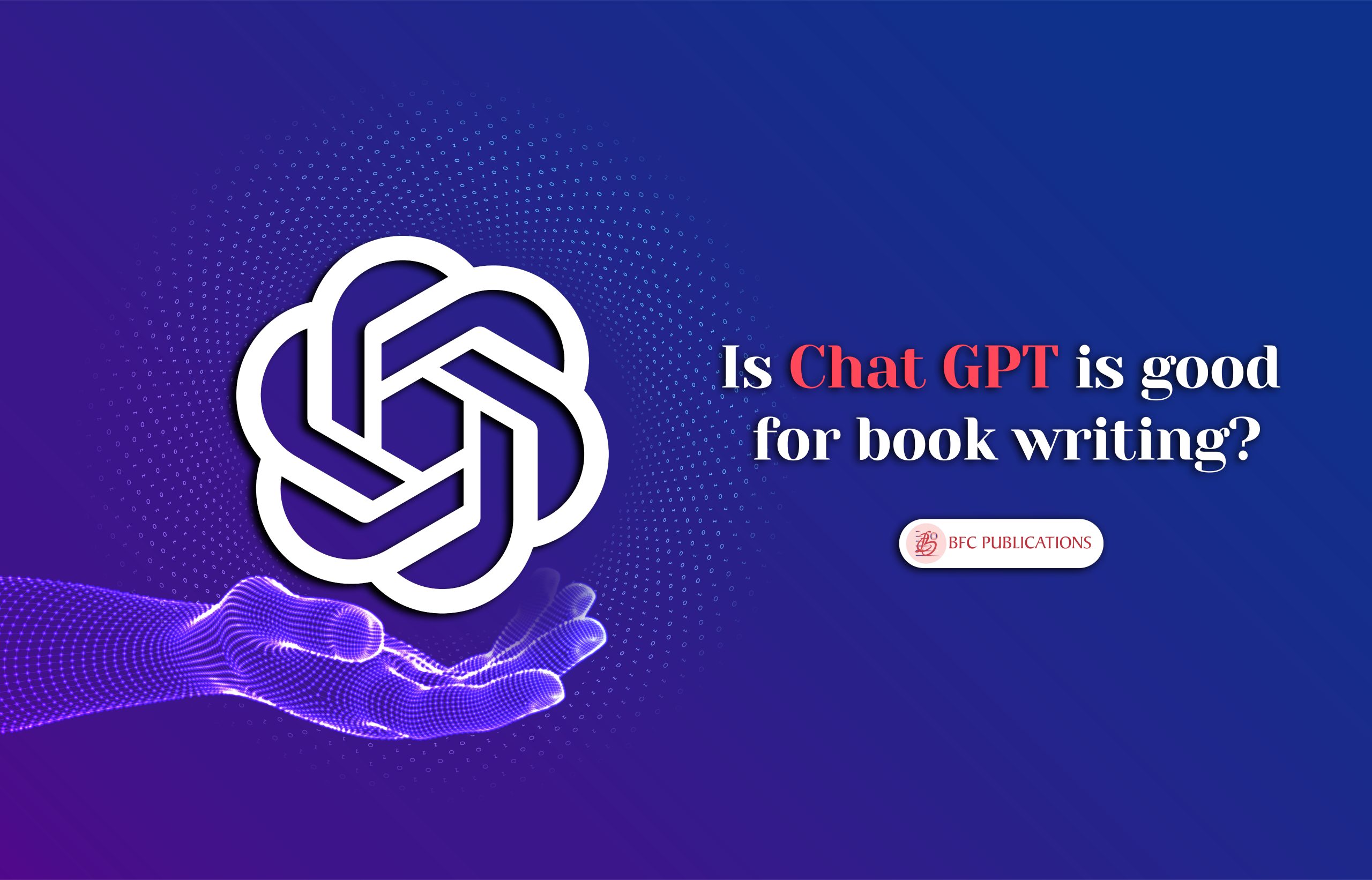
Nobel Peace Prize Winners
In India, Nobel Prizes serve as proof that Indian voices, ideas, and struggles have importance on the global world. Beginning with Rabindranath Tagore, the first Indian Nobel Peace Prize winner, who provided the world with timeless poetry, we also have Kailash Satyarthi, who entirely dedicated his life to emancipating children from bonded slavery each name from the Indian Nobel Prize winners list has something within their names that means more than their accomplishments.
We will now address each of the Indian Nobel Award winners, and provide some insight into what the individuals did, and how the individuals work continues to inspire people.
Nobel Peace Prize Winners in India
We have studied the journeys and achievements of inspiring personalities who brought honor to the nation and compiled a list of Nobel Peace Prize Winners in India, as follows:
Rabindranath Tagore—Literature
Rabindranath Tagore is the first indian to win nobel peace prize that comes to mind when individuals think of the first Indian Nobel Prize winner; without question Tagore was an artist, philosopher, poet, songwriter, and most importantly to many, he was the voice of India. He was the first Asian to win the Nobel Prize in Literature for his collection of poetry entitled Gitanjali. His views on freedom, love, and humanness remain relevant today. When an individual reads his writing, they can easily understand why Rabindranath Tagore was considered a gem of a human being for our world.
C. V. Raman (1930) – Physics
He is known for the discovery of the Raman Effect and is the second inductee of the Indian Nobel Peace Prize winner list to win the Nobel Prize in Physics. His investigations demonstrated how light scatters when passing through clear substances. Conducting most of his investigations with few instruments, he showed that genius can outweigh expensive equipment. His Nobel Prize was a significant moment because it demonstrated to the world that India was capable of excelling at the highest level of scientific creativity.
Har Gobind Khorana– Medicine
His research on the modulation of protein synthesis via nucleotides in nucleic acids gained him the 1968 Nobel Prize in Physiology or Medicine. He was raised in Raipur, India, but later relocated overseas for work. He is a proud addition to the Nobel Prize winners in India. However, his roots continued to be Indian.
Mother Teresa – Peace
Mother Teresa’s name is obligatory while considering Indian Nobel Peace Prize winners. For her relentless efforts helping Kolkata’s weak, poor, and homeless, she was awarded the Nobel Peace Prize. Her Missionaries of Charity grew in popularity as a worldwide symbol of kindness. Her concern for the dying and orphans served as an example to the world that fostering love and reducing suffering are the two primary objectives of peace. Her life continues to encourage other individuals to devote themselves to charitable activities.
Subrahmanyan Chandrasekhar – Physics
He explained about the stars, specifically the rate at which stars collapse to create black holes. His work changed our understanding of the cosmos. Chandrasekhar brought glory to India as another brilliant scientist. Astronomers and physicists throughout the world keep exploring his predictions. He established his place in the Indian Nobel Prize winner list with eternal glory by establishing that Indian intellectuals were skilled in resolving the dark mysteries of the cosmos itself.
Amartya Sen—Economic Sciences
Amartya Sen changed economics into a study of people. Due to his accomplishments, he was awarded the Nobel Prize in Economic Sciences. His research had a huge impact on the wider world. He understood how imperative it is to eradicate extreme poverty, hunger, and injustice. He stands out among Indian Nobel Peace Prize winners as an activist who influenced global politics.
Venkatraman Ramakrishnan – Chemistry
Venki Ramakrishnan waqs awarded the Nobel Prize in Chemistry for his research on ribosome structure. His work shows how protein is produced from cells, which are of important nature in both biology and medicine. His achievements has showed the strength of scientists to the whole world, that is why his name has been shown among the Nobel award winners in India.
Kailash Satyarthi – Peace
Kailash Satyarthi rescued many childrens from forced labor and helped them with education. He was awarded the Nobel Peace Prize with Malala Yousafzai. They also gave huge importance to education and children’s rights. He showed up as one of the best Indian Nobel Peace Prize winners as a result of his huge efforts which reflected that protecting societies vulnerable citizens is also a way of bringing peace.
Abhijit Banerjee (2019) – Economic Sciences
The latest in the Indian Nobel Prize winner list, Abhijit Banerjee received the Nobel Prize along with Esther Duflo and Michael Kremer for their experiments in eliminating global poverty. Their work used field examples to find practical solutions to problems faced by poor communities, like healthcare, education, and income support. Banerjee’s recognition shows that research could directly improve millions of lives.
Also, check – 10 Best Rabindranath Tagore Books
Conclusion
The journey of Nobel Prize winners in India shows us that India’s contribution to the world extends to science, economics, literature, and charity. From the first Indian Nobel Peace Prize winner, Rabindranath Tagore, to modern names like Abhijit Banerjee, every achievement carries a story of struggle, passion, and brilliance. Looking at the Indian Nobel Prize winner list, we realize that they are visionaries who shaped how the world thinks and progresses.







